Categories
 Buy Adderall Online
Buy Adderall Online
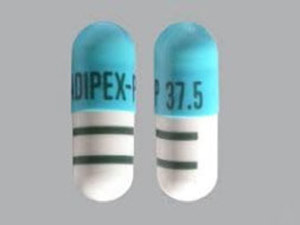 Buy Adipex Online
Buy Adipex Online
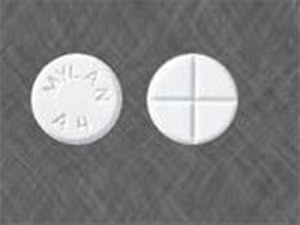 Buy Alprazolam Online
Buy Alprazolam Online
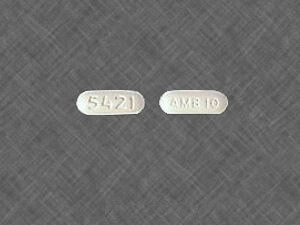 Buy Ambien Online
Buy Ambien Online
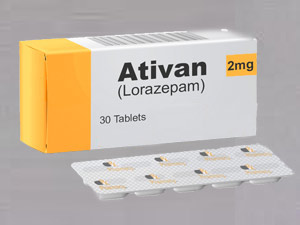 Buy Ativan Online
Buy Ativan Online
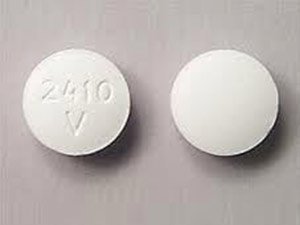 Buy Carisoprodol Online
Buy Carisoprodol Online
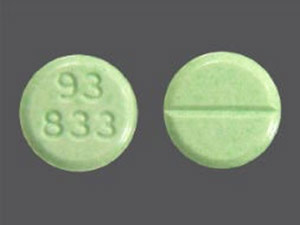 Buy Clonazepam Online
Buy Clonazepam Online
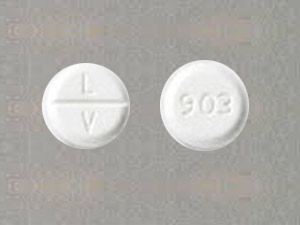 Buy Codeine Online
Buy Codeine Online
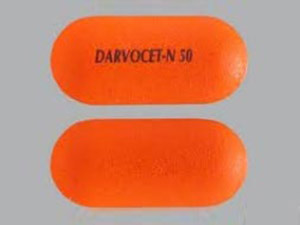 Buy Darvocet Online
Buy Darvocet Online
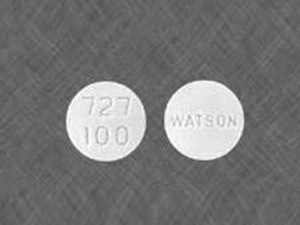 Buy Demerol Online
Buy Demerol Online
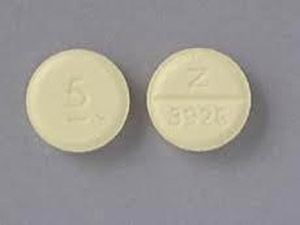 Buy Diazepam Online
Buy Diazepam Online
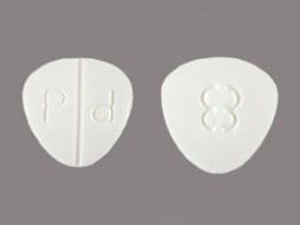 Buy Dilaudid Online
Buy Dilaudid Online
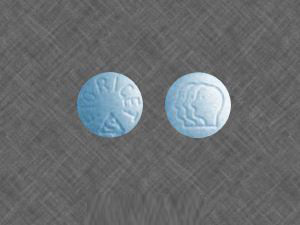 Buy Fioricet online
Buy Fioricet online
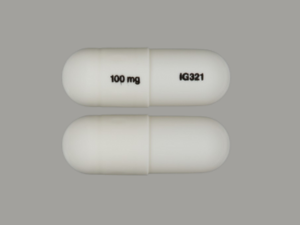 Buy Gabapentin Online
Buy Gabapentin Online
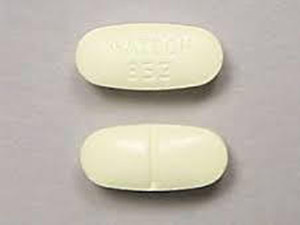 Buy Hydrocodone Online
Buy Hydrocodone Online
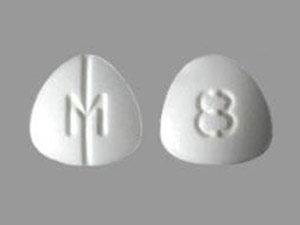 Buy Hydromorphone Online
Buy Hydromorphone Online
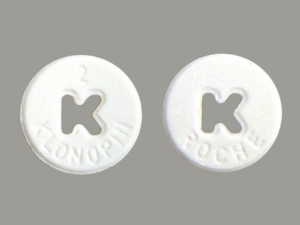 Buy Klonopin Online
Buy Klonopin Online
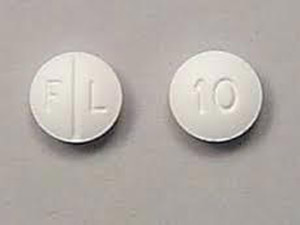 Buy Lexapro Online
Buy Lexapro Online
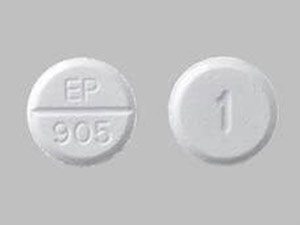 Buy Lorazepam Online
Buy Lorazepam Online
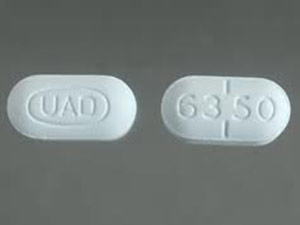 Buy Lorcet Online
Buy Lorcet Online
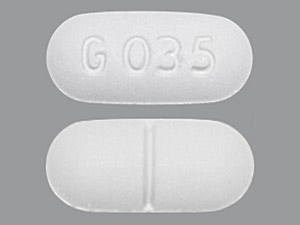 Buy Lortab Online
Buy Lortab Online
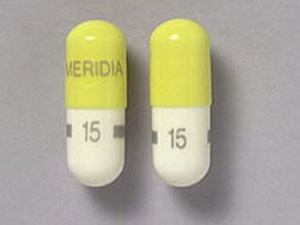 Buy Meridia Online
Buy Meridia Online
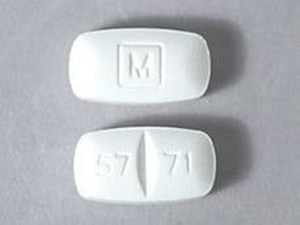 Buy Methadone Online
Buy Methadone Online
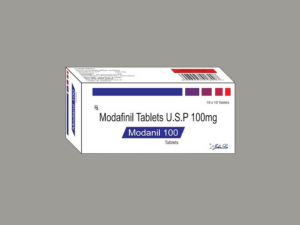 Buy Modafinil Online
Buy Modafinil Online
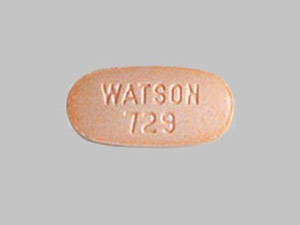 Buy Norco Online
Buy Norco Online
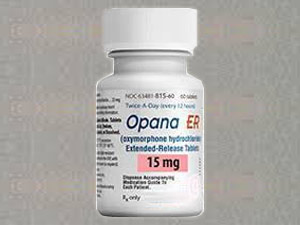 Buy Opana ER Online
Buy Opana ER Online
 Buy Oxycodone Online
Buy Oxycodone Online
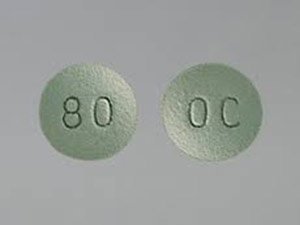 Buy Oxycontin Online
Buy Oxycontin Online
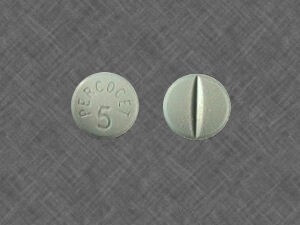 Buy Percocet Online
Buy Percocet Online
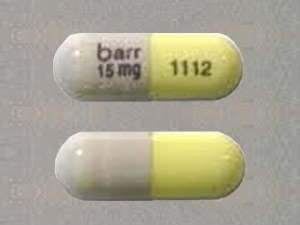 Buy Phentermine Online
Buy Phentermine Online
 Buy Roxicodone Online
Buy Roxicodone Online
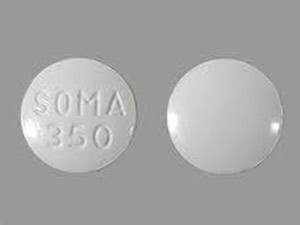 Buy Soma Online
Buy Soma Online
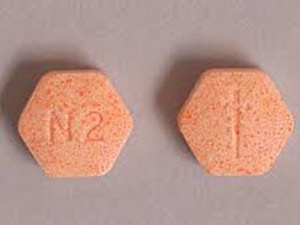 Buy Suboxone Online
Buy Suboxone Online
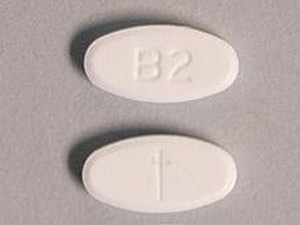 Buy Subutex Online
Buy Subutex Online
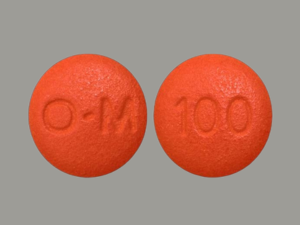 Buy Tapentadol Online
Buy Tapentadol Online
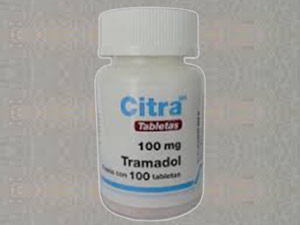 Buy Tramadol Online
Buy Tramadol Online
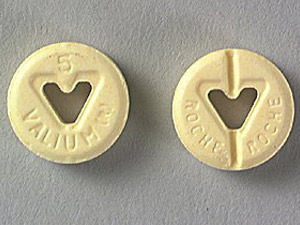 Buy Valium Online
Buy Valium Online
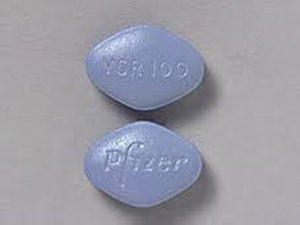 Buy Viagra Online
Buy Viagra Online
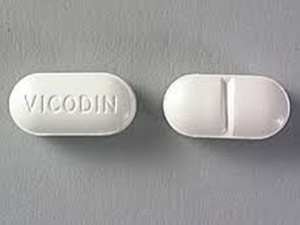 Buy Vicodin Online
Buy Vicodin Online
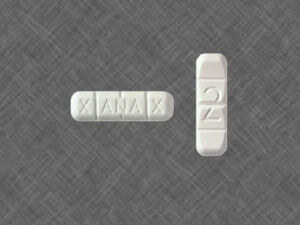 Buy Xanax Online
Buy Xanax Online
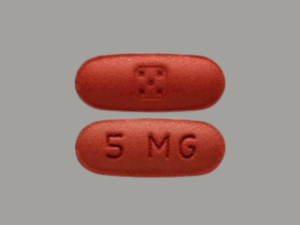 Buy Zolpidem Online
Buy Zolpidem Online

Products
-
 Tapentadol 100mg
Rated 5.00 out of 5$350.00
Tapentadol 100mg
Rated 5.00 out of 5$350.00 -
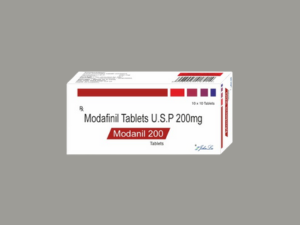 Modafinil 200mg
Rated 5.00 out of 5$369.00
Modafinil 200mg
Rated 5.00 out of 5$369.00 -
 Modafinil 100mg
Rated 5.00 out of 5$349.00
Modafinil 100mg
Rated 5.00 out of 5$349.00 -
 Klonopin 2mg
Rated 5.00 out of 5$339.00
Klonopin 2mg
Rated 5.00 out of 5$339.00 -
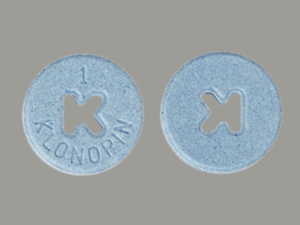 Klonopin 1mg
Rated 5.00 out of 5$329.00
Klonopin 1mg
Rated 5.00 out of 5$329.00
Recent Posts
- Relief From Kidney Stone Pain – Effective Strategies And Solution
- Best Nerve Pain Medication for the Elderly
- Sleep habits and their effects on human brain activity
- Does drinking more water help you lose weight?
- Alprazolam for anxiety benefits and risk
- Tramadol vs Dilaudid – Which is the best for severe pain
- How Long Does Hydromorphone Stay in Your System?
- How to spot fake Xanax (alprazolam) pills
- Does Suboxone help with pain?
- How to know if green Xanax s 90 3 pill is fake?
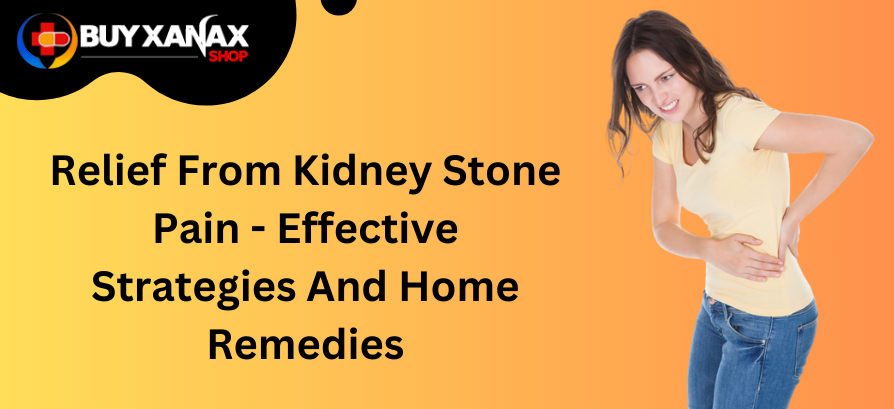
Table of Contents
Welcome to our blog dedicated to providing relief from kidney stone pain!
Dealing with kidney stones can be excruciating, but fear not, as we have effective strategies and home remedies that can support and ease your pain.
In this blog, we will comprehend simple and accessible ways to alleviate kidney stone pain, ensuring you find relief quickly.
We understand the urgency and desire for immediate relief, so we have compiled a comprehensive list of tried-and-true remedies to help you find comfort from kidney stone pain.
Additionally, we will delve into long-term prevention methods to help you avoid future pain episodes.
So, sit back, relax, and let us guide you on a journey towards relief from kidney stone pain.
Understanding Kidney Stones: Causes, Symptoms, and Types
Kidney stones are small, hard formations that develop in the kidneys. They are made up of minerals and salts that can clump together to create solid masses.
These stones can differ in size and shape, ranging from tiny grains to larger, more jagged structures. Kidney stones can cause intense pain when they move through the urinary tract.
They can also lead to symptoms like blood in the urine, frequent urination, and lower back or abdomen discomfort. Treatment options for kidney stones include medication, lifestyle changes, and, in some cases, surgical intervention.
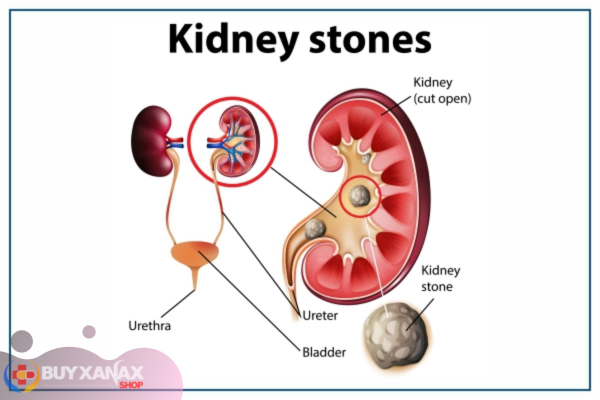
Types of Kidney Stones:
There are different types of kidney stones, each formed from different substances. Here are the main types:
- Calcium stones: These are the most common type. They form when calcium combines with oxalate or phosphate in the urine.
- Uric acid stones: These form when there is too much uric acid in the urine. High levels can be caused by a diet rich in purines (found in red meat, organ meats, and seafood) or conditions like gout.
- Struvite stones: These stones often result from urinary tract infections. They can overgrow and become large, causing discomfort and complications.
- Cystine stones: These are rare and form in people with a genetic disorder called cystinuria. The kidneys excrete excessive amino acid cysteine, leading to stone formation.
Causes of Kidney Stones:
The causes of kidney stones can vary, and several factors can contribute to their formation. Here are some common causes explained in simple terms:
- Dehydration: Not consuming the required water can lead to concentrated urine, increasing the chances of stone formation.
- Diet: Taking a diet high in sodium, sugar, and animal protein can contribute to developing kidney stones.
- Family history: If someone in your family has had kidney stones, you may have more chance of developing them.
- Certain medical conditions: Conditions like urinary tract infections, kidney disease, and metabolic disorders can increase the risk of kidney stones.
- Obesity: Being overweight or chubby can put extra pressure on the kidneys and increase the likelihood of stone formation.
- Medications: Certain medications, such as diuretics and antacids containing calcium, can increase the risk of kidney stones.
- Urinary tract abnormalities: Structural issues in the urinary tract can make it easier for stones to form and accumulate.
Symptoms of Kidney Stones:
- Intense pain: The most common symptom is severe pain that starts in the back or side and may travel to the lower abdomen or groin. It can come in waves and be excruciating.
- Blood in the urine: Sometimes, kidney stones can cause blood to appear in the urine, giving it a pink, red, or brown color.
- Frequent urge to urinate: You may experience a persistent need to urinate more often than usual, even when little urine is produced.
- Painful urination: Passing a kidney stone can cause discomfort or pain while urinating.
- Cloudy or foul-smelling urine: The presence of kidney stones can lead to changes in urine appearance and odor.
- Fever and chills: If a kidney stone causes an infection, you may experience fever and chills.
Seeking Medical Help: When to See a Doctor for Kidney Stone Pain?
Intense and unrelenting pain:
If you experience severe, unrelenting pain in your back, side, or abdomen, seeking medical help is essential. Kidney stone pain is often described as one of the most intense pains a person can experience.
Pain accompanied by other symptoms:
If you have kidney stone pain and symptoms like blood in your urine, frequent urination, painful urination, cloudy or foul-smelling urine, nausea, vomiting, fever, or chills, it’s essential to see a doctor.
Inability to manage pain at home:
If you’ve tried over-the-counter pain medications and home remedies, but the pain persists or worsens, it’s time to seek medical assistance.
History of kidney stones:
If you have had kidney stones in the past, it’s wise to consult a doctor at the first sign of pain to prevent complications and ensure proper management.
Managing Kidney Stone Pain at Home: Natural Remedies and Lifestyle Changes
Here are some simple explanations of managing kidney stone pain at home through natural remedies and lifestyle changes:
- Stay hydrated: Consuming plenty of water helps flush out the kidneys and can help pass small kidney stones more easily.
- Apply heat: Placing a heating pad or hot water bottle on the impacted area can help alleviate pain and relax the muscles.
- Take a warm bath: Soaking in a warm bath can relieve the muscles and reduce pain.
- Try herbal remedies: Some natural remedies like dandelion root, nettle leaf, or celery seed may have diuretic properties and help promote kidney function.
- Adjust your diet: Dietary changes can help prevent future kidney stones. Limiting sodium, sugar, and animal protein while raising the consumption of fruits, vegetables, and grains can be beneficial.
- Stay active: Regular exercise can help boost kidney function and prevent kidney stones. Aim for at least half an hour of simple activity most days of the week.
- Avoid certain foods: Some foods, like those high in oxalate (such as spinach, rhubarb, and cocoa) or calcium (such as dairy products). It may contribute to stone formation. Limiting these foods’ consumption may be helpful if you are prone to kidney stones.
Medications for Kidney Stone Pain: Over-the-counter and Prescription Options
Over-the-counter (OTC) Medications:
- Nonsteroidal anti-inflammatory drugs (NSAIDs): Medications like ibuprofen and naproxen sodium can help relieve medium to severe kidney stone pain.
They work by lowering inflammation and blocking pain signals. Follow the suggested dosage and seek a healthcare professional if the pain persists or worsens.
Prescription Medications:
- Opioids: In severe cases of kidney stone pain, doctors may prescribe stronger opioids, which stop pain signals in the brain. However, opioids can have side effects and carry the risk of dependence, so they should be used under strict medical supervision.
- Alpha-blockers: Medications like tamsulosin or terazosin may be suggested to relax the muscles in the ureter and help kidney stones pass more quickly. These medications can also help alleviate pain associated with kidney stones.
- Calcium channel blockers: In some cases, medications like nifedipine or verapamil may be prescribed to relax the muscles in the ureter and promote the passage of kidney stones. These medications can also help relieve pain.
- Antispasmodics: Medications like oxybutynin or hyoscyamine may be prescribed to reduce muscle spasms in the urinary tract, which can help ease kidney stone pain.
Preventing Kidney Stones: Tips for Long-term Prevention and Maintenance
- Stay hydrated:
Drink plenty of water throughout the day to keep your body well-hydrated. Aim to take at least 8-10 cups (64-80 ounces) of water daily. This helps dilute urine and prevent the formation of kidney stones.
- Watch your diet:
Limit foods high in oxalate, such as spinach, rhubarb, and chocolate, as they can contribute to stone formation. Also, reduce your intake of sodium (salt) and animal protein. Instead, focus on a healthy diet of fruits, vegetables, and whole grains.
- Get enough calcium:
Contrary to popular belief, getting enough calcium is essential for preventing kidney stones. Include calcium-rich foods like milk, yogurt, and cheese in your diet. However, talk to a healthcare professional for personalized recommendations based on your needs.
- Limit soda and sugary drinks:
Sugary drinks, significantly those high in fructose, can increase the risk of kidney stone formation. Opt for water or unsweetened beverages instead.
- Maintain a healthy weight:
Obesity and being chubby can increase the risk of kidney stone formation. Aim for a healthy weight through regular physical activity and a balanced diet.
FAQs:
Q.1 – What is the best way to stop kidney pain?
Ans. – While there is no guaranteed home remedy for kidney pain, applying a heating pad or taking over-the-counter pain relievers may provide temporary relief. The patient must see the doctor for permanent relief.
Q.2 – What is the best drink for kidney stone pain?
Ans. – Water is the best drink to help alleviate kidney pain temporarily. Keeping yourself hydrated can help flush out toxins and ease discomfort.
Q.3 – What foods are good for kidney stones?
Ans. – Foods that are good for kidney stones include watermelon, lemon juice, and low-oxalate options like broccoli and cabbage.
- 4 – What vegetables are good for kidney stones?
Ans. – Vegetables that are good for kidney stones include broccoli, cabbage, cauliflower, and kale. These low-oxalate options can help prevent stone formation.
Written by Judy Francis
Coupon Code
Use Coupon CodeSALE10
Product Categories
- Buy Adderall Online
- Buy Adipex Online
- Buy Alprazolam Online
- Buy Ambien Online
- Buy Ativan Online
- Buy Carisoprodol Online
- Buy Clonazepam Online
- Buy Codeine Online
- Buy Darvocet Online
- Buy Demerol Online
- Buy Diazepam Online
- Buy Dilaudid Online
- Buy Fioricet online
- Buy Gabapentin Online
- Buy Hydrocodone Online
- Buy Hydromorphone Online
- Buy Klonopin Online
- Buy Lexapro Online
- Buy Lorazepam Online
- Buy Lorcet Online
- Buy Lortab Online
- Buy Meridia Online
- Buy Methadone Online
- Buy Modafinil Online
- Buy Norco Online
- Buy Opana ER Online
- Buy Oxycodone Online
- Buy Oxycontin Online
- Buy Percocet Online
- Buy Phentermine Online
- Buy Roxicodone Online
- Buy Soma Online
- Buy Suboxone Online
- Buy Subutex Online
- Buy Tapentadol Online
- Buy Tramadol Online
- Buy Valium Online
- Buy Viagra Online
- Buy Vicodin Online
- Buy Xanax Online
- Buy Zolpidem Online

Leave a Reply